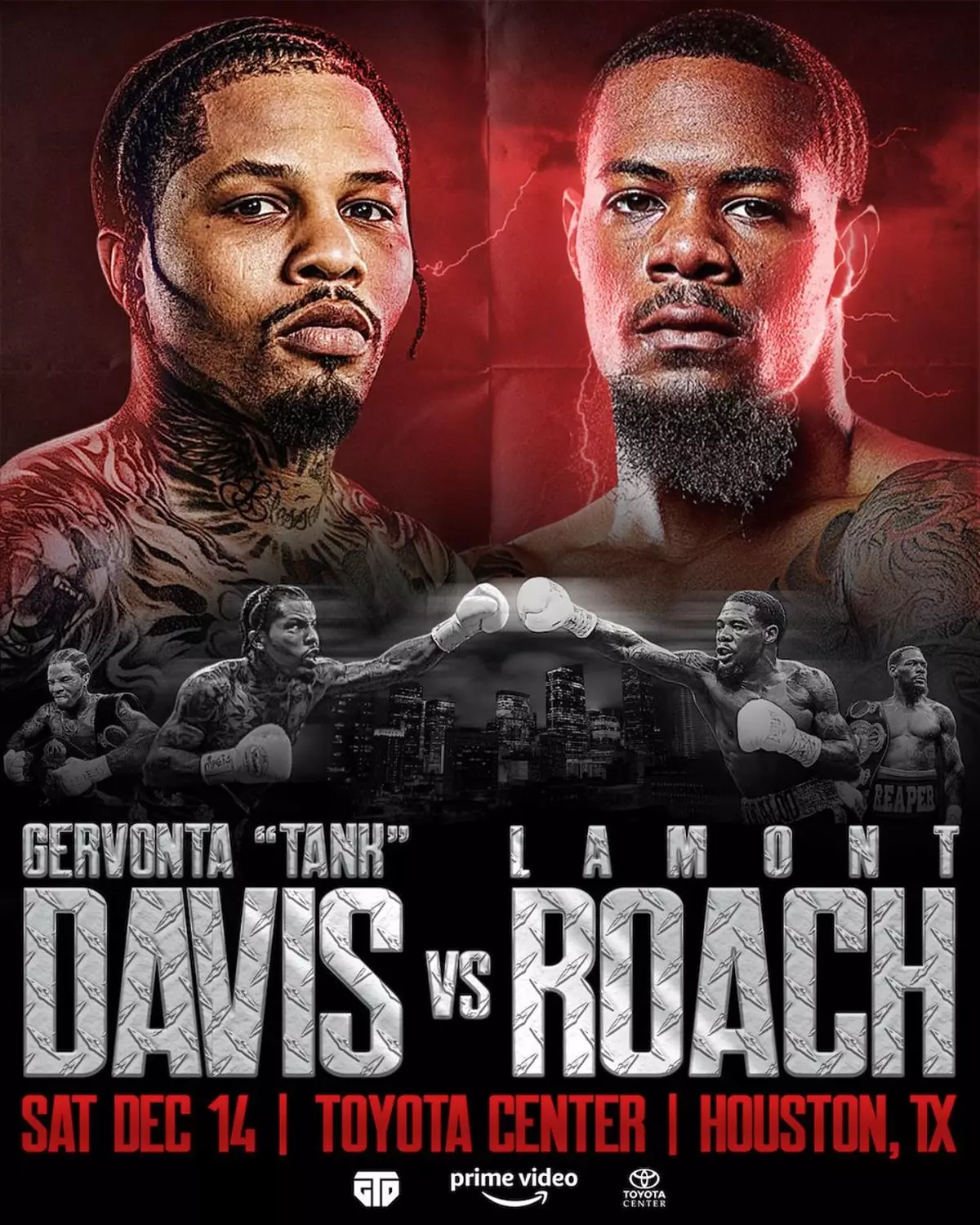In the world of boxing, fights are rarely mere contests of skill; they are strategic maneuvers where fighters, promoters, and managers weigh the risks and benefits. The upcoming bout between Gervonta “Tank” Davis and Lamont Roach is an illustration of this intricate chess game. Roach’s announcement of a rematch clause has stirred the pot, raising questions about both fighters’ intentions. Scheduled for March 1st at an undisclosed location, the bout has already garnered mixed reactions. While Roach exudes confidence and challenges the skepticism surrounding his prospects, he must contend with overwhelming public opinion that favors Davis decisively.
Roach (25-1-1, 10 KOs) has thrown down the gauntlet, urging fans to brace themselves for not just their first encounter, but also a possible rematch if he can defy expectations. His bold statement, “get ready for two fights,” reveals a complex mix of bravado and strategy. However, it raises eyebrows when one factors in the remarkable knockout streak of Gervonta Davis, who boasts a record of 30-0 with 28 KOs. Roach’s insistence that he will triumph may resonate as naive bravado rather than genuine belief. Social media has turned into a battleground where fans mock Roach, undermining his narrative by suggesting that his aspirations of a second fight will never materialize.
A critical observation surrounding this matchup is the perception of Davis’s fight selection. Many boxing enthusiasts anticipated a showdown with more formidable opponents such as Edwin De Los Santos or William Zepeda. Instead, Roach’s softer profile translates to a potentially predetermined outcome, prompting accusations against Davis’s management for “cherry-picking” opponents to protect his undefeated streak. The original rationale for the match being beneficial for the regional boxing scene in Baltimore and D.C. has been undermined by the change of venue to Houston, suggesting that public interest may not align with the fight’s legitimacy.
Roach’s future plans further complicate matters. He expressed ambition to challenge for the light welterweight title against fighter Rayo Valenzuela should he emerge victorious, placing pressure on himself to deliver not only in this match but the next. This ambition could either be interpreted as a motivated fighter’s roadmap or as wishful thinking in the face of a daunting opponent. It highlights the inherent risk of setting such lofty goals that may ultimately distract from the immediate challenge at hand—Davis represents the pinnacle of pressure and skill.
As March 1st approaches, the narrative spins wildly across platforms, with fans fracturing into factions of hopeful supporters for Roach and staunch believers in Davis’s dominance. While Roach clings to the notion of redemption through a rematch, a cloud of skepticism looms over his credibility in accomplishing that feat. In the end, this fight serves as more than just another date on the boxing calendar; it acts as a testament to the delicate balance of risk and reward in the world of professional boxing, leaving fans eager yet uncertain about what the future holds.

